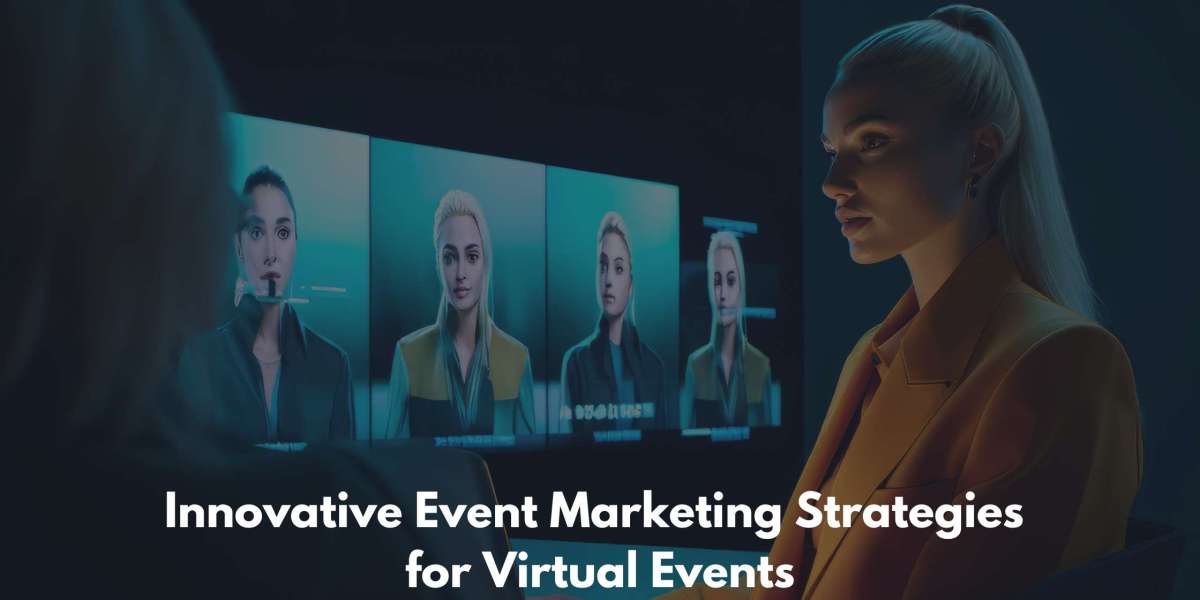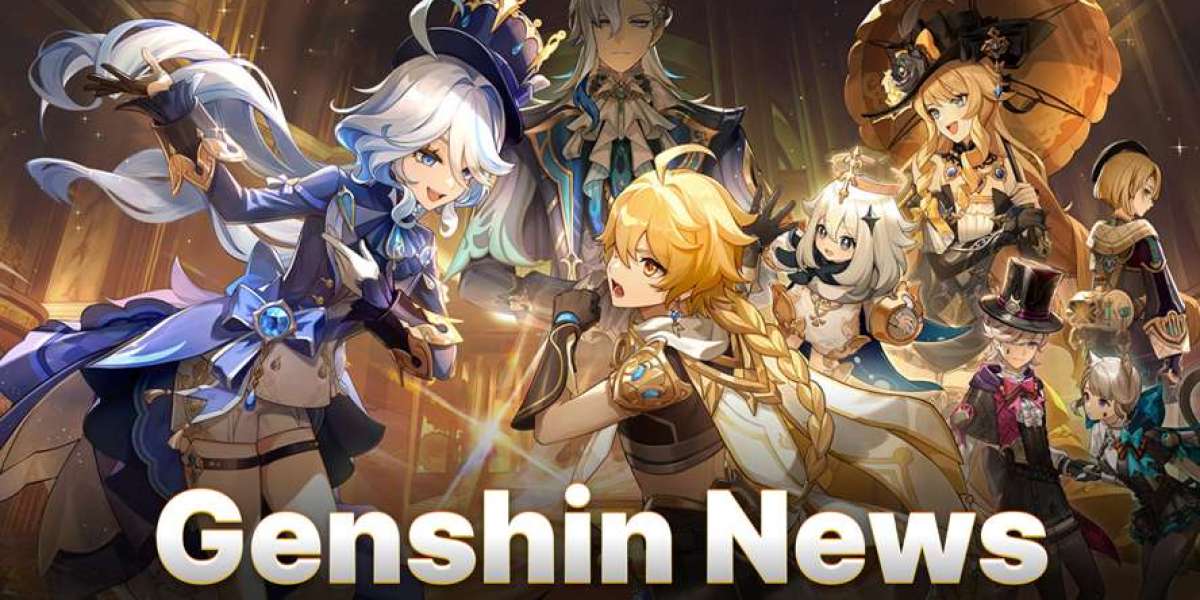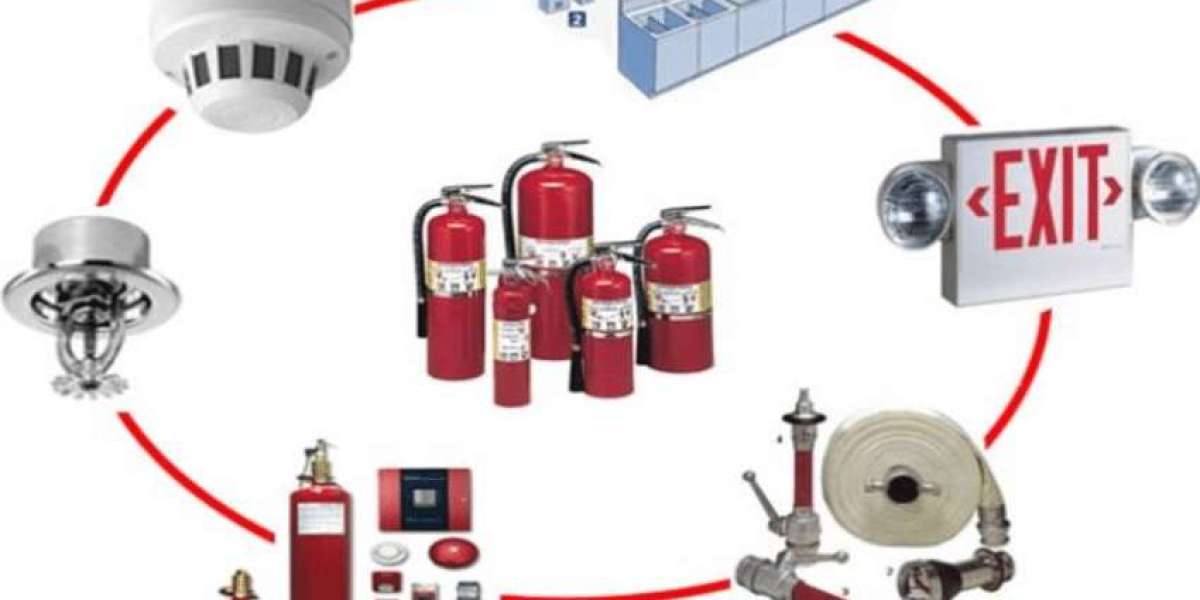The virtual event landscape has exploded in recent years. While the convenience and global reach they offer are undeniable, standing out in a crowded digital space can be a challenge. To capture attention and drive engagement, event marketers need to get creative. Here, we explore some innovative event marketing strategies that will make your virtual event a resounding success:
Pre-Event Buzz:
- Interactive Content and Gamification: Go beyond static event descriptions. Create interactive quizzes, polls, or contests related to your event theme. This not only educates potential attendees but also collects valuable data for further personalization.
- Social Media Takeovers: Partner with relevant influencers or industry leaders for a social media takeover. This allows you to tap into their audience and build anticipation for your event.
- AR/VR Experiences: Consider incorporating Augmented Reality (AR) or Virtual Reality (VR) experiences into your pre-event marketing. Offer a sneak peek of your virtual event space or a gamified experience to pique attendee interest.
Compelling Content is King:
- Micro-content Marketing: Create bite-sized content pieces like short videos, infographics, or blog posts highlighting key speakers, sessions, or event benefits. Share them consistently across your social media channels and email marketing campaigns.
- Live Q&A Sessions: Host a pre-event live Q&A session with your speakers on social media or a dedicated platform. This allows potential attendees to interact directly with the experts, fostering a sense of community and exclusivity.
- Partner with Martech Publications: Reach out to tech publications or websites specializing in marketing technology ("martech"). Partner with them for sponsored content or advertorials promoting your virtual event. This taps into a highly relevant audience and positions your event as a thought leader in the virtual space.
Engagement During the Event:
- Interactive Sessions and Workshops: Move beyond static presentations. Encourage audience participation through live polls, quizzes, or breakout room discussions. Integrate interactive tools offered by your virtual event platform.
- Gamification with Rewards: Implement gamification elements throughout the event. Award points for participation, session attendance, or social media sharing. Offer exclusive content or discounts as rewards, keeping attendees motivated and engaged.
- Social Wall and Live Engagement: Create a dedicated social wall where attendees can share their experiences, ask questions, and network with each other. Encourage live engagement through polls, Q&A sessions, and real-time social media interaction.
Post-Event Follow-up:
- On-demand Content Sharing: Don't let the value end after the live event. Make recordings of sessions, presentations, and Q&A discussions available on-demand for registered attendees. This extends the life of your event and provides additional value.
- Event Recap and Key Takeaways: Publish a post-event blog or social media post summarizing key takeaways and insights shared during the event. This keeps the conversation going and encourages attendees to share their learnings with their networks.
By implementing these innovative event marketing strategies, you can ensure your virtual event cuts through the noise and delivers an engaging and unforgettable experience for your audience. Remember, the key lies in creating a buzz beforehand, providing valuable content during, and fostering a sense of community throughout the virtual event journey.







